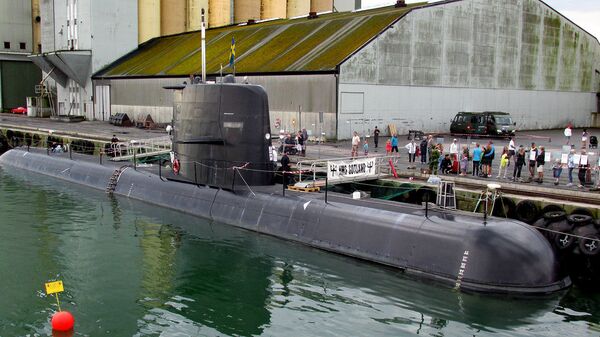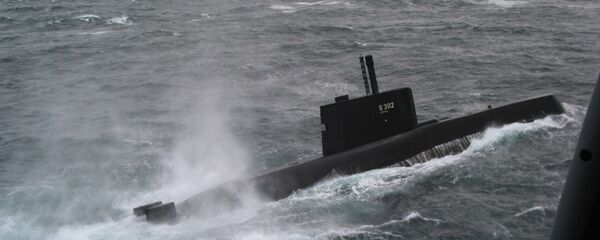Saab is expected to deliver by 2024, which means that the new submarines will not be put into service until 2025. Meanwhile, it's nearly time to start working on the development of the next major update of the submarines. In order to ease the burden for the tax-payers, the Swedish government pins its hopes on signing partnerships with other countries to share the cost.
So far it has not gone so well. Norway, one of the prospective buyers, made it clear in April this year that it no longer considers Swedish submarines a viable option. Instead, Norway opted to buy submarines from fellow NATO countries, which in practice means either Germany or France.
Saab's board of directors repeatedly tried to play down the importance of the Norwegian refusal. Two weeks ago, Saab CEO Håkan Buskhe told Swedish daily Svenska Dagbladet that he personally never expected Norway to become a buyer.
We've given you #SaabintheSky and #SaabintheField. Let's introduce you to 👉🏼 #SaabintheSea.
— Saab AB (@Saab) 26 сентября 2016 г.
Follow your favourite!📸 pic.twitter.com/OdVLeHd55w
In terms of defense, Swedish-Norwegian relations have suffered a lot of setbacks in recent years. Another stumbling block was Norway's adamant refusal to buy Swedish Gripen fighter jets. Nevertheless, Saab still expects to be flooded with offers. Its hopes are now pinned on Poland and the Netherlands, where Saab previously initiated partnerships with local companies.
Sweden is one of few countries to develop its own submarines, and the A26 is marketed as a cheaper, quieter, and harder-to-detect alternative to previous generations. This means that the submarine can be used more effectively for intelligence gathering.
"I almost cannot imagine how many different things may be accomplished with this feature. Some of our potential customers have shown great interest in it, while others are more on the conservative side. We are the first in the world to do this, and it may become a new standard, the head of Saab's subsidiary Saab Kockums Gunnar Wieslander told Swedish daily Svenska Dagbladet.
Saab took over Kockums, previously owned by the German conglomerate ThyssenKrupp, in the summer of 2014, after the Swedish government saw ThyssenKrupp was about to shut down Swedish submarine development to benefit German-made submarines. Saab Kockums has since increased its staff to about 1,000 employees at its Development Center in Malmö and a shipyard in Karlskrona.




